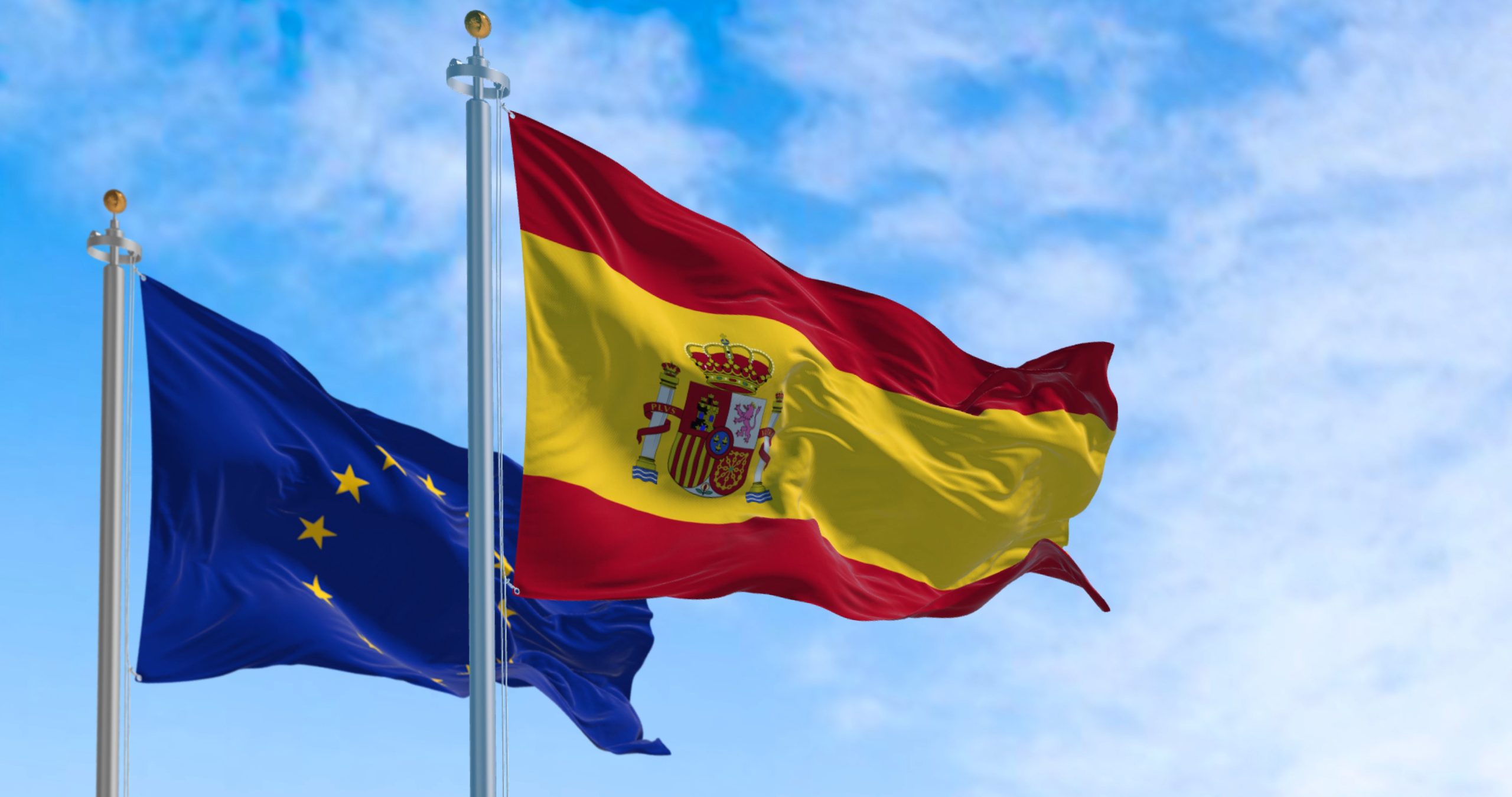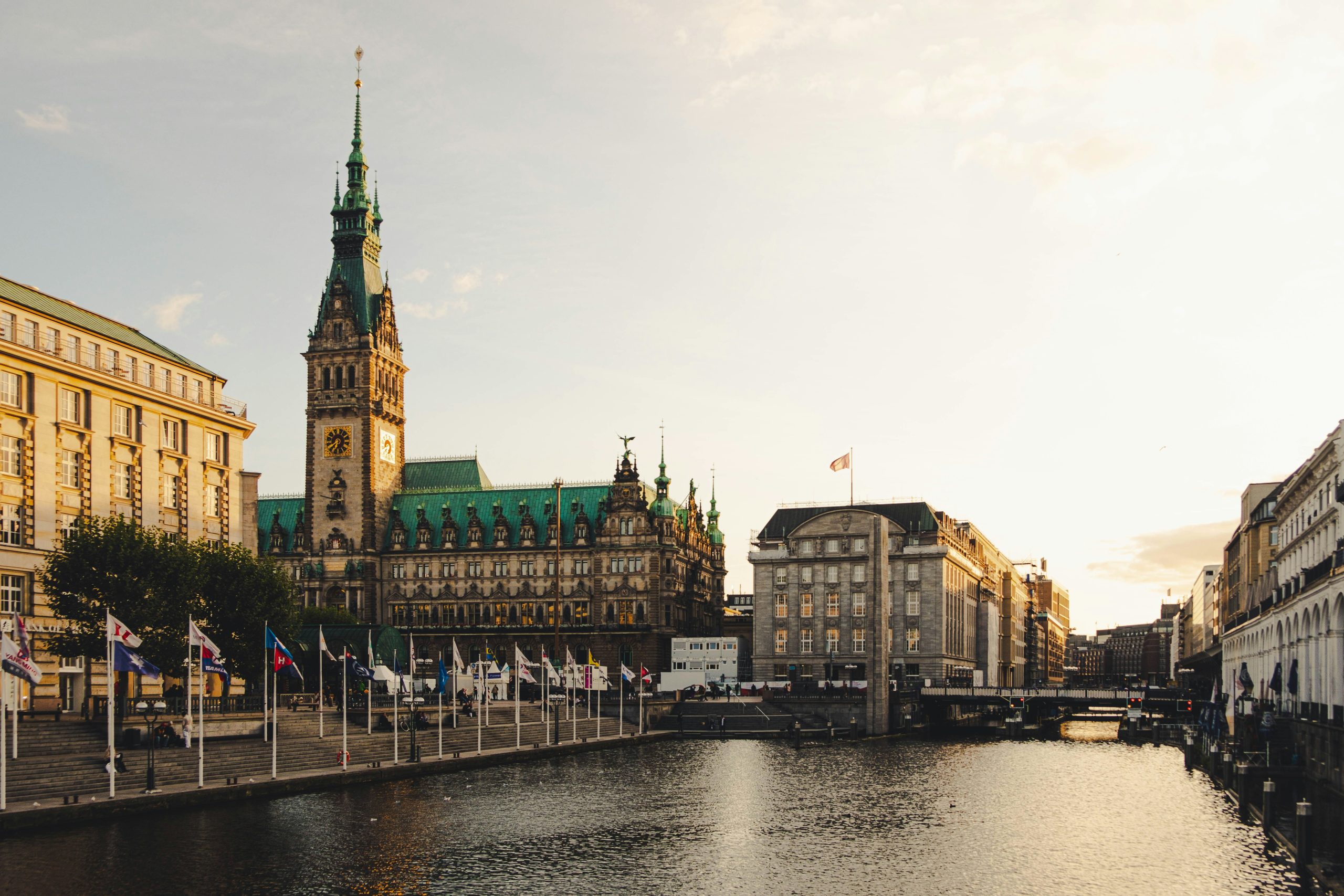Spain to Re-establish the National Energy Commission

The Spanish Council of Ministers has approved the Preliminary Draft Law to re-establish the National Energy Commission (CNE). It will be sent to the Congress of Deputies to continue processing as a Bill. It was requested by the Ministry for Ecological Transition, the Demographic Challenge, and the Ministry of Economy, Trade and Business.
In this energy transition process, the Spanish government believes an appropriate and flexible governance structure is necessary. It will allow for the reinforcement of the proper functioning of the market and consumer protection. All while facilitating decarbonisation and the design of new markets (such as hydrogen), strengthening the economy’s competitiveness.
The re-establishment of the CNE will strengthen the institutional capacity of the regulator at a key moment for the energy transition. It will respond to the growing need for specialisation and efficiency arising from the new energy and regulatory paradigm. The Spanish Government is fulfilling its commitment to recover the institutional architecture of the specialised energy regulator. It existed in Spain until 2013 and is present in most countries in our environment.
Goal: Decarbonisation of the economy
According to the draft legislation, the CNE will pursue the following objectives in the electricity, liquid hydrocarbon and natural gas sectors, in addition to the hydrogen and other renewable gases sectors:
- Decarbonisation of the economy, incorporating into its regulations and decisions the energy transition objectives assumed by Spain in the context of the EU and the international arena.
- Consumer protection.
- Transparency, efficiency and proper functioning of energy markets and sectors.
General and sectoral functions
The CNE will exercise the following functions in the different energy sectors within its scope of competence:
- General functions: control, supervision and arbitration; reporting as an advisory and supervisory body; technical collaboration with the ministerial departments that require it.
- Sectoral functions: regulation through circulars of the different aspects of transport, distribution, and access in the natural gas and electricity sectors; implementation and supervision of compliance with rules and protocols in the industries above; consumer protection.
- Functions related to taking stakes in the energy sector: you will be familiar with operations involving taking stakes in companies that are considered regulated or companies that have strategic assets.
- Functions related to resolving conflicts between economic operators linked to the sectors subject to regulation and supervision.
The council consisted of nine members
The governing bodies of the CNE will be the Presidency and the Council, composed of nine councillors. The structure at the level of general directorates must be regulated by an Organic Statute that the Royal Decree will approve.
The draft legislation establishes the CNE as a public law entity at the state level, with its own legal personality and full public and private capacity, with external functions over specific economic sectors or activities, with organic and functional autonomy, and with full independence from the Government, from the Public Administrations and the market, but subject to parliamentary and judicial control.

